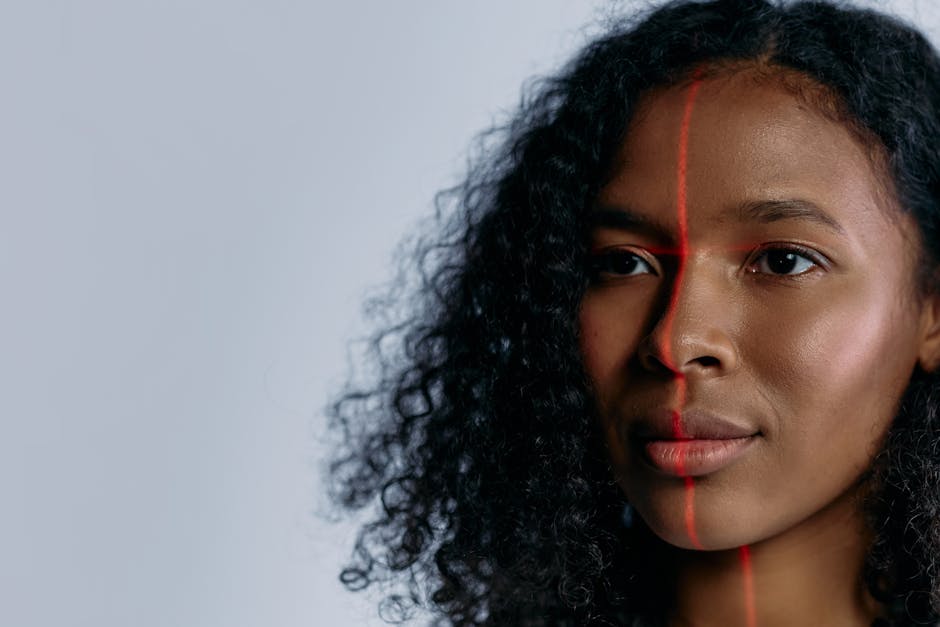Facebook’s Latest AI Feature Can Scan Your Phone’s Camera Roll
Facebook has introduced a new AI feature that scans users’ phone camera rolls to identify and suggest photos and videos for sharing. This tool, powered by advanced machine learning, aims to simplify content sharing by detecting relevant moments in your gallery. While Facebook emphasizes convenience, privacy advocates warn of potential risks.
How Does Facebook’s AI Camera Roll Scanner Work?
The AI feature, integrated into the Facebook app, uses object recognition, facial detection, and contextual analysis to scan images and videos stored on your device. For example, it can identify vacation photos, family gatherings, or pet pictures and prompt you to share them. It also groups similar content for easier album creation.
Facebook claims the scanning process occurs locally on your device, meaning data isn’t uploaded to its servers unless you choose to share it. This, the company says, ensures privacy while offering a seamless experience.
Convenience vs. Privacy: The Ongoing Debate
Supporters argue the feature simplifies sharing memories, especially for users overwhelmed by their camera rolls. “It’s a game-changer for staying connected,” a Facebook spokesperson said.
However, privacy advocates raise concerns. “Allowing apps to scan personal photos, even locally, sets a dangerous precedent,” says cybersecurity expert Ravi Sharma. Critics also highlight Facebook’s history of privacy issues, from the Cambridge Analytica scandal to data breaches, which erode trust in the platform.
Potential Misuse and Ethical Concerns
The feature’s ability to detect faces and objects raises questions about misuse. Could Facebook use this data for targeted ads or behavior manipulation? For instance, identifying frequent coffee shop visits might lead to ads for competing brands.
Ethical concerns about consent also persist. While Facebook says the feature is optional, many users may not fully understand its implications. “Tech companies must ensure users are fully informed,” says digital rights activist Priya Mehta.
The Broader Implications of AI in Tech
This feature reflects a broader trend of using AI to mine personal data for insights and profit. From smart assistants to location-tracking apps, the line between helpful and invasive technology is blurring.
For Facebook, this tool is an attempt to stay relevant in a competitive social media landscape. But as AI evolves, balancing innovation with privacy remains a critical challenge.
What Can Users Do to Protect Their Privacy?
If you’re concerned about the feature, start by understanding how it works. Facebook provides instructions to disable it in the app settings. You can also limit the app’s access to your camera roll through your phone’s privacy settings.
Ultimately, the decision to use this feature is yours. As AI-driven technology advances, staying informed and vigilant is essential to protecting your privacy.




